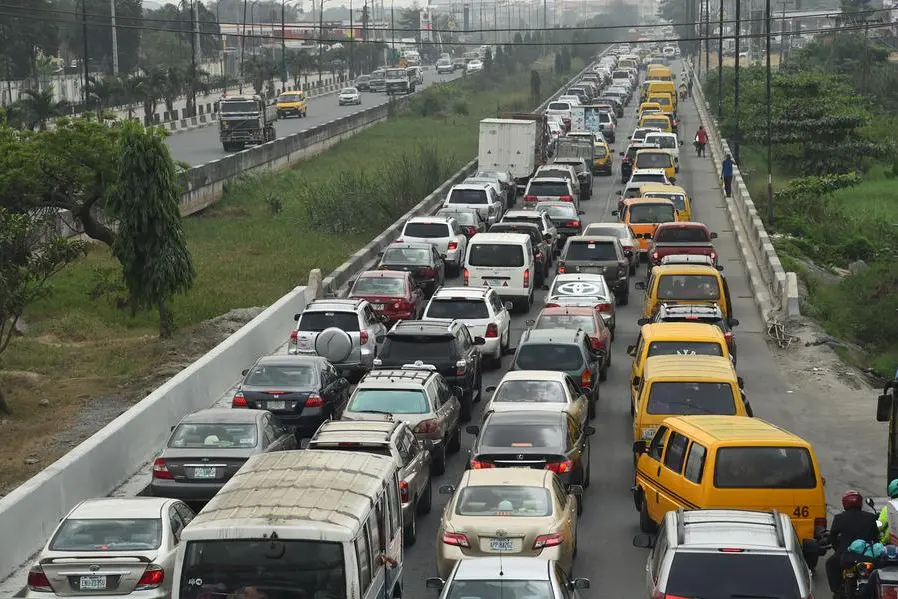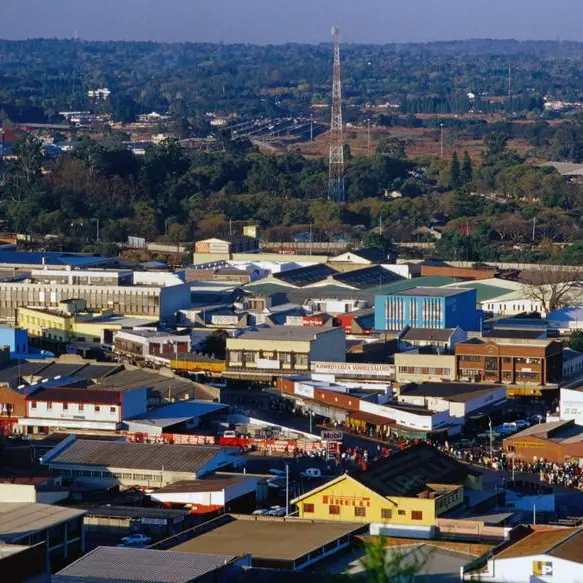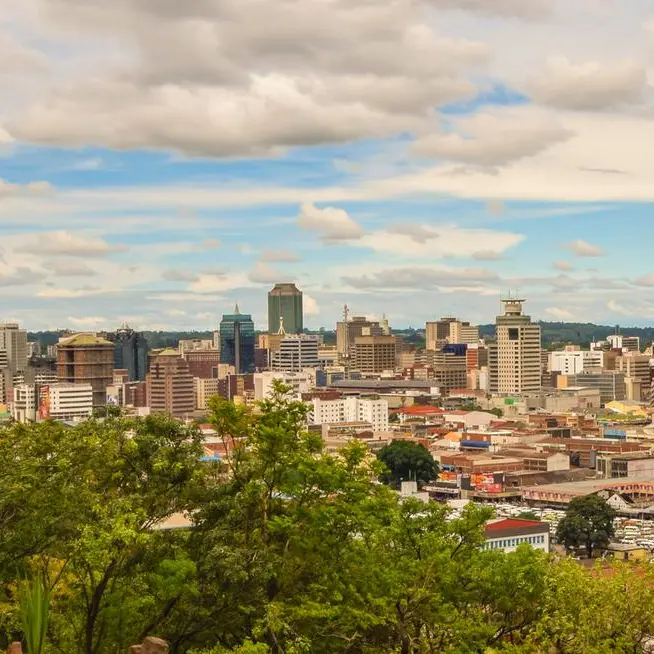PHOTO
Nigerians may yet be faced with another round of fuel scarcity as oil marketers lamented on Thursday the increasing exchange rate, which has made product importation nearly impossible.
This was even as they demanded “Emergency Palliative Measures” that would allow the importation of products at N600 per dollar within the next three months.
The National President of the Natural Oil and Gas Suppliers Association (NOGASA), Benneth Korie, stated this at the National Executive Council (NEC) meeting of the association in Abuja.
Related PostsOil marketers lament soaring increase in ex-depot of dieselOil marketers counter N200,000 extortion allegation against tanker driversReverse fuel price till agreement with labour is reached, TUC tells FG
According to him, the palliative was necessary to save the industry from an impending collapse occasioned by the high cost of importation, lifting, transportation, and distribution of petroleum products.
Already, he said several filling stations have shut down operations, adding that the increasing cost of crude oil and foreign exchange has also impacted private depot owners.
He said, “Depot Owners are so terribly affected by the increasing cost of crude and exchange rate to the extent that many depots are practically deserted, as their owners are unable to secure bank loans to fund their businesses due to high-interest rates.
“Banks are not willing to guarantee fund release to stakeholders as a result of the difficulty, instability, and galloping rates of foreign exchange and the high cost of the dollar. Many depots are presently dried up or out of stock, and this is no gain, as it is evidently verifiable.
“Worst hit are filling stations whose owners find it extremely difficult to secure funds to procure products for their retail outlets. Both the independent and major marketers are so terribly affected that, as of today, filling stations are shutting down in great numbers on a daily basis, and dealers are going out of business, with many more on the verge of bankruptcy because of their inability to secure funds to facilitate orders for their stations.”
He said the call for an emergency palliative for marketers is pending the reactivation of the country’s refineries.
“This will go a long way in cushioning the harsh effect of the high cost of importation and equally bring about reasonable relief to the business and the cost of living generally.”
While also decrying the deplorable state of the country’s road networks across the country, he said this has majorly hampered the distribution of petroleum products.
“Therefore, road networks and maintenance need to be positively impactful. This development is already a waiting threat to the laudable CNG-driven transportation innovation of Mr President, and this time, conscious and practical solutions are suggested to engage the local workforce to speedily refurbish and/or resuscitate bad roads across the country,” he said.
He stressed that the effective distribution of products across the country is hinged on the provision of roads and management.
Similarly, he called for the removal of the various importation bottlenecks, saying, “Government should do everything to ensure the removal of everything that has to do with challenges in the areas of importation, as well as clearing in NIMASA, NPA, NUPRC, and other agencies that are involved with dollar transactions for marketers.
“The bottlenecks are simply killing us. Our businesses are dying, and the system is not helping us at all. Urgent action is highly required to save our industry from total collapse.”
Earlier, the National Secretary of the Independent Petroleum Marketers Association of Nigeria (IPMAN), John Kekeocha, lamented the proliferation of substandard Premium Motor Spirit (PMS).
He said, “Very importantly, the type of products we now have are no longer like the original products we used to get. This is because competition has made it convenient for importers to bring very light and substandard products into the country, and we are accepting it because we don’t have alternatives.
“But if we produce in this country, we will have a choice. If we produce in this country, we can select. It will even make it more competitive and cheaper.”
Copyright © 2022 Nigerian Tribune Provided by SyndiGate Media Inc. (Syndigate.info).





















